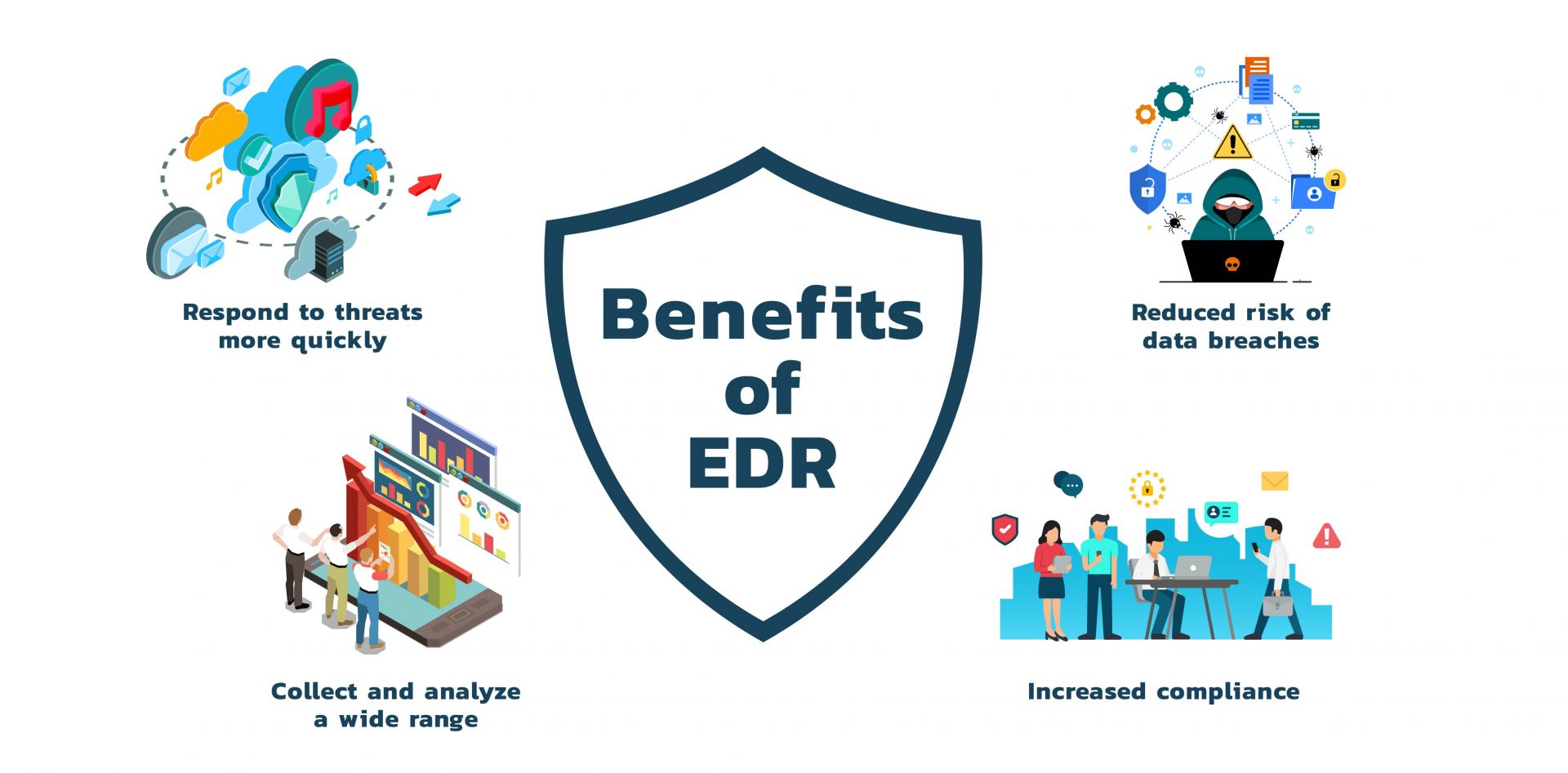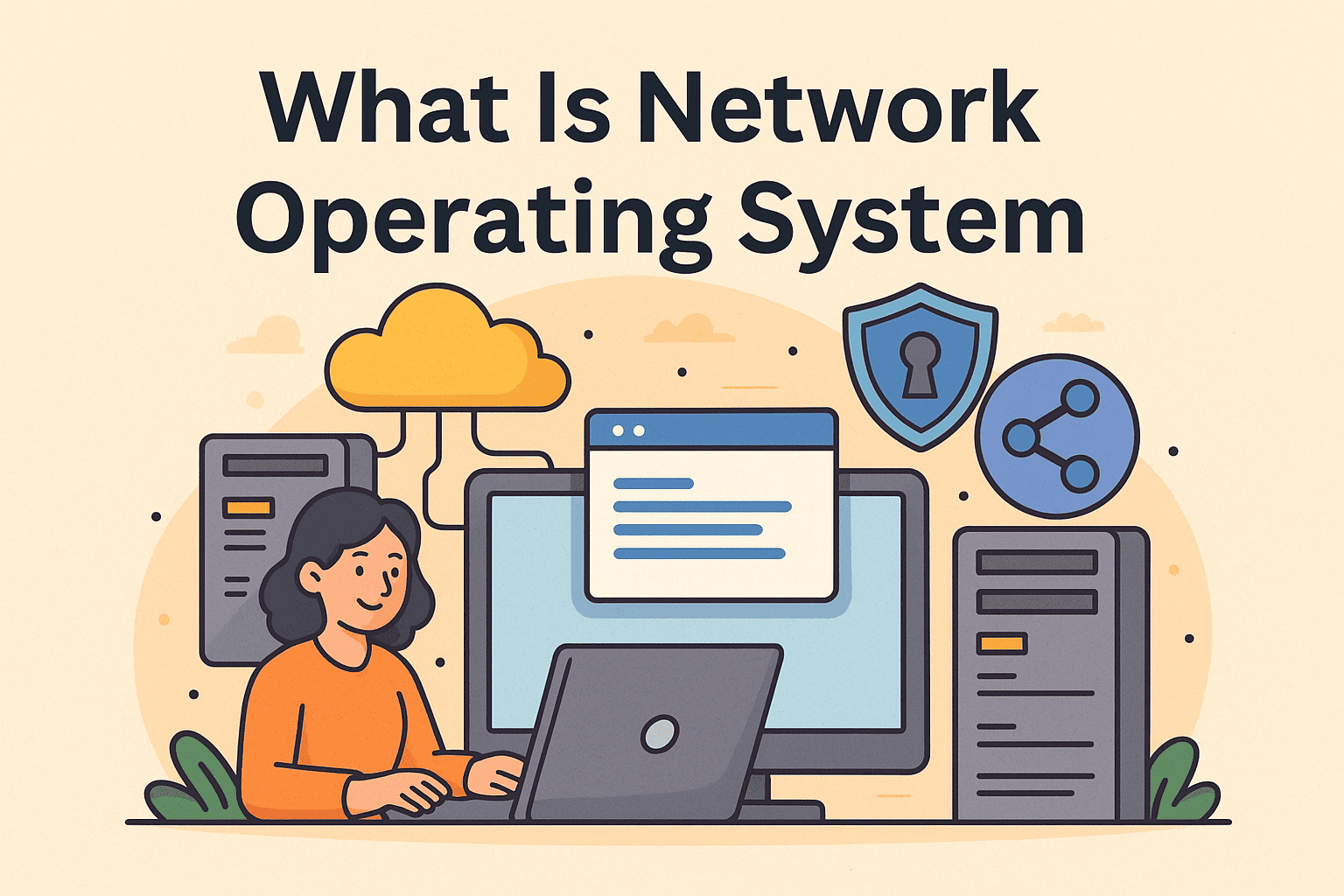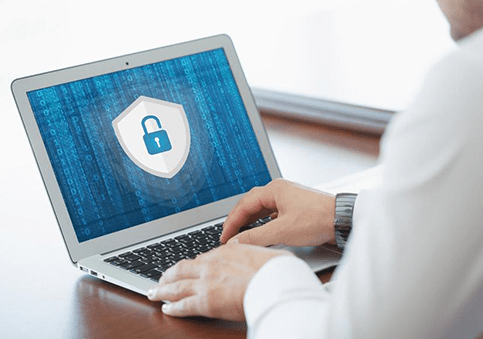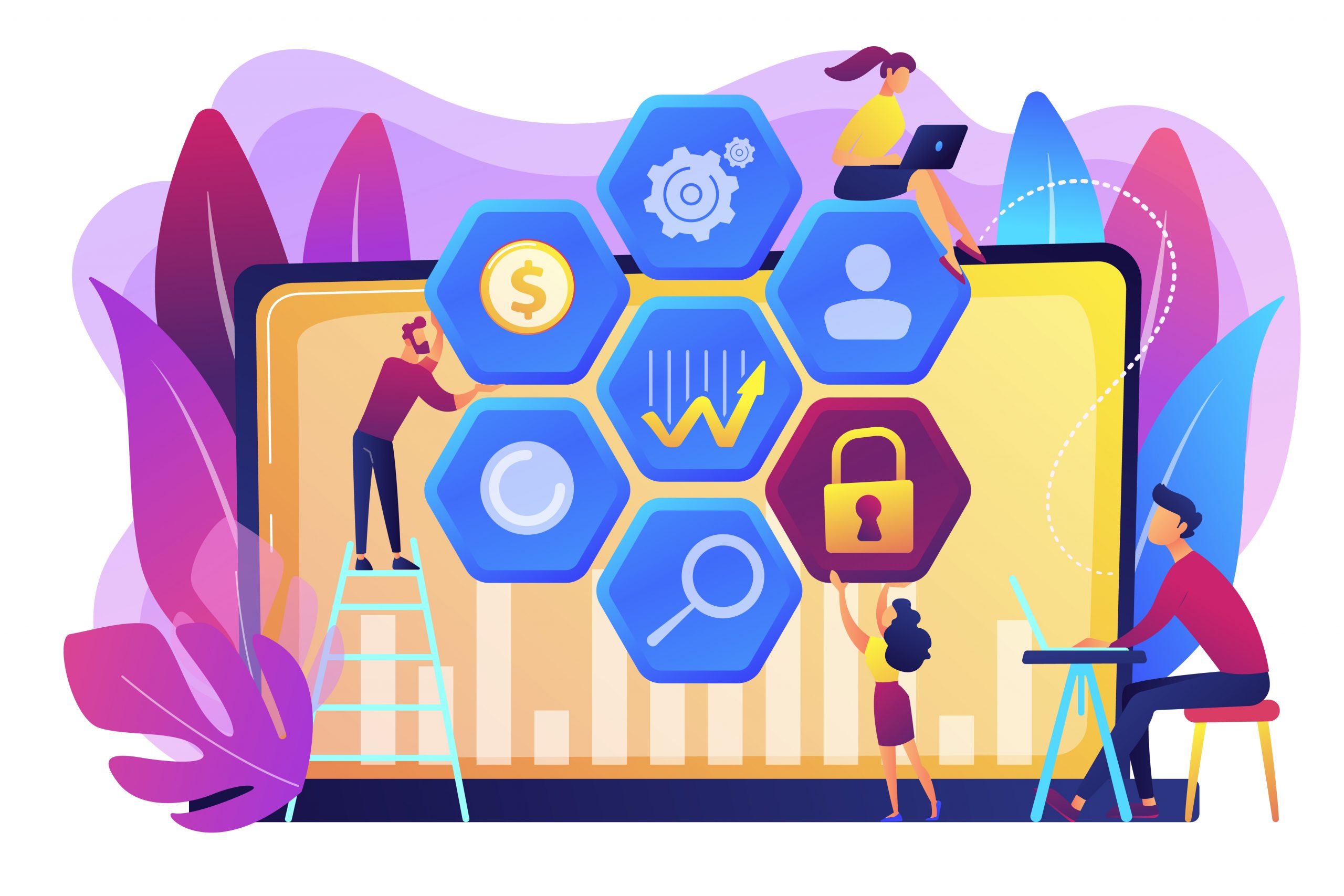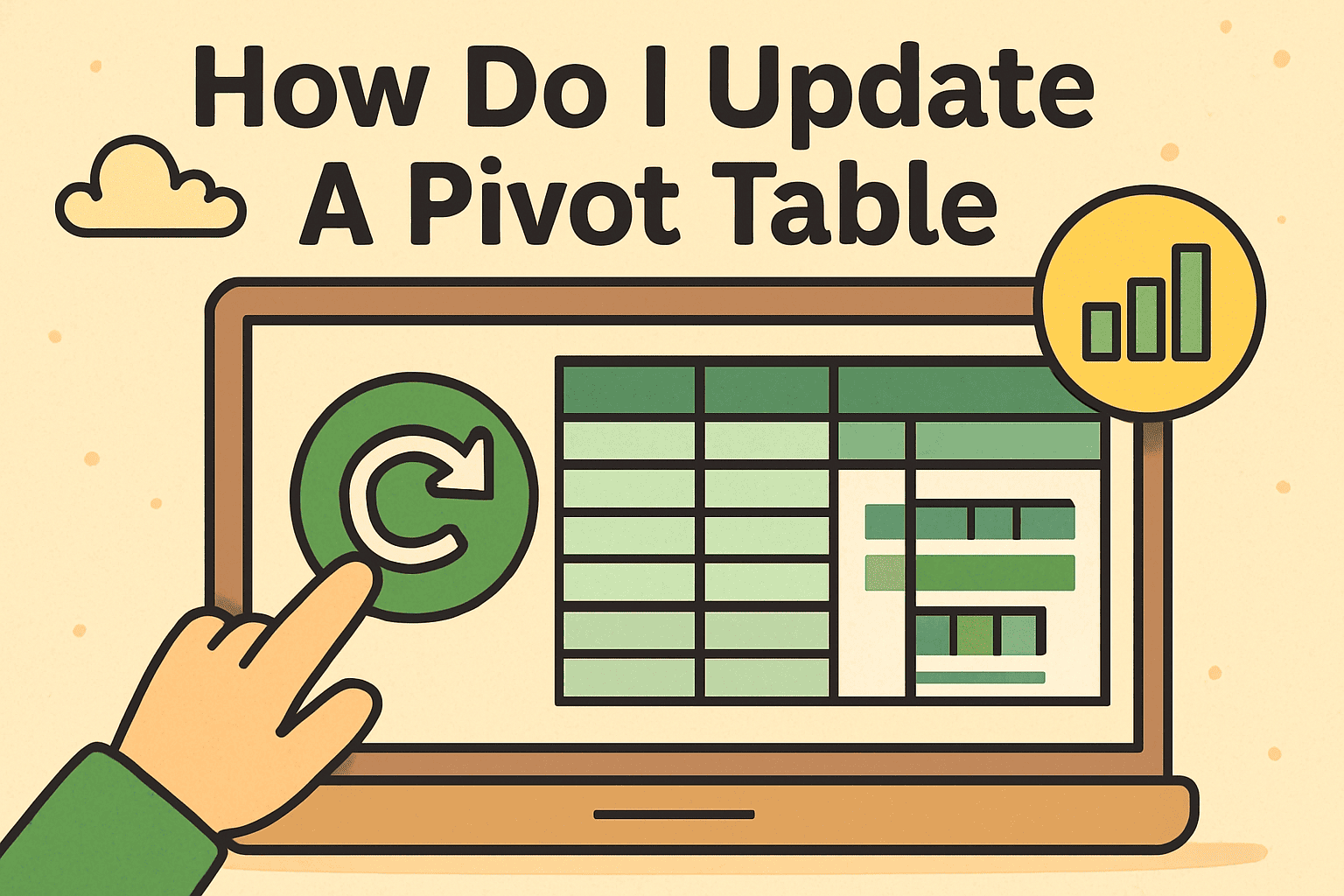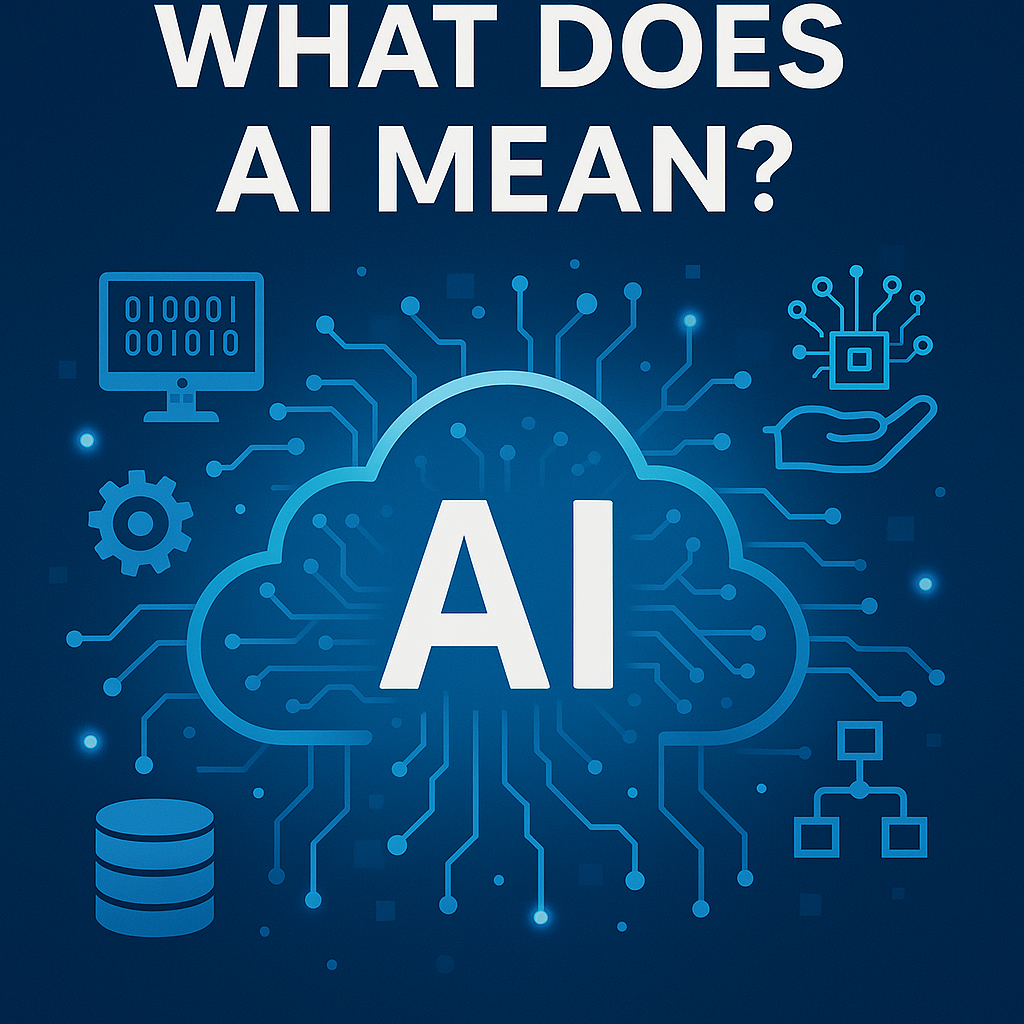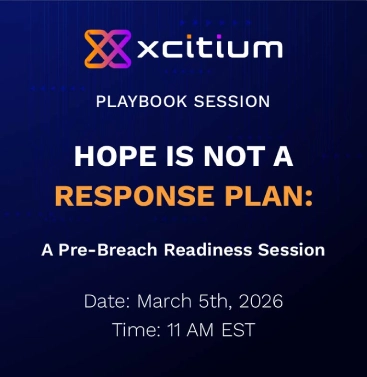What Are CRMs? A Strategic Guide for IT & Cybersecurity Leaders
Updated on August 5, 2025, by Xcitium
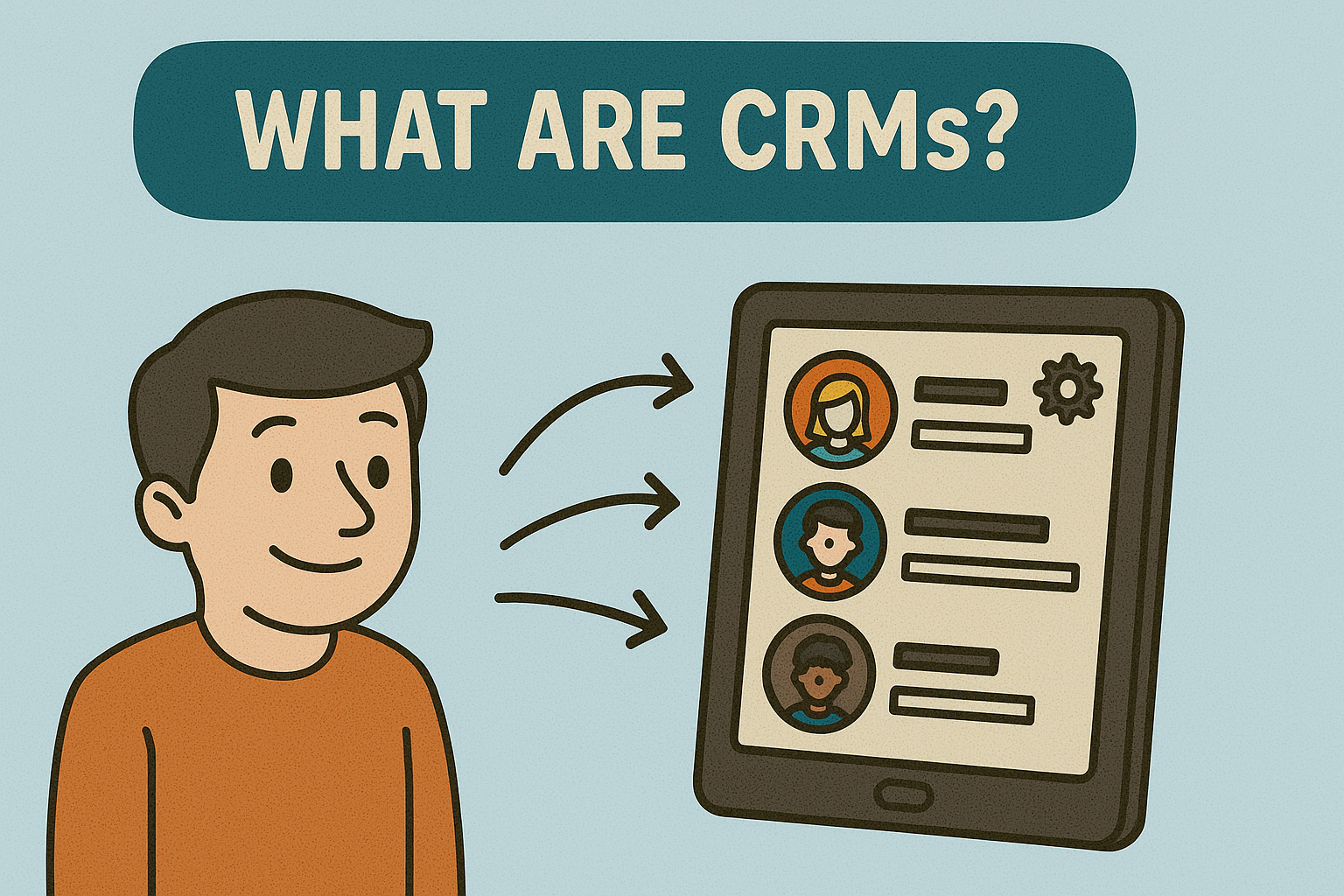
Ever wondered what are CRMs and why they matter for businesses of all sizes? CRMs—Customer Relationship Management systems—centralize customer data, automate sales, marketing, and support processes, and drive actionable insights across departments. For IT managers and CISOs, they’re a data goldmine—but also a security hotspot.
What Are CRMs?
CRM, or Customer Relationship Management, refers to the strategy, practices, and technology companies use to manage interactions with current and potential customers. CRMs compile data from email, phone, social media, live chat, and marketing campaigns into a unified view .
In technical terms, a CRM system acts as a central repository that tracks customer interactions, sales history, preferences, and service queries—all in one place .
Why CRMs Matter: Key Benefits
According to Forbes, CRMs offer six powerful advantages:
- Personalized customer experiences through rich data insights
- Centralized data for teams, enabling consistent interactions across marketing, sales, and support
- Automated workflow efficiency, from lead capture to follow-up reminders
- Forecasting and dashboards to boost pipeline visibility and decision-making
- Cross-department collaboration via shared data, from customer success to vendor management
- Scalable support for evolving customer bases—from small teams to enterprise-grade sales cycles
Types of CRMs
CRMs broadly fall into four categories:
- Operational CRM: Automates sales, service, and marketing workflows like lead assignment, communication scheduling, and ticket resolution
- Analytical CRM: Provides data mining and customer behavior analysis to tailor strategies and forecast trends
- Collaborative CRM: Supports coordinated workflows across departments and with external partners or vendors
- Customer Data Platform (CDP): A modern evolution that consolidates individual customer records from multiple sources for high-fidelity targeting
CRMs can also vary by deployment (cloud, on-premise, mobile) and user context (B2B vs B2C).
CRM in Business: Real-World Use Cases
CRMs are widely used across:
- Sales enablement: Auto-assigning leads, logging interactions, sending reminders
- Marketing automation: Triggering campaigns, scoring leads, measuring channel ROI
- Customer service: Unified support tickets, knowledge bases, CRM-based self-service
- Analytics and forecasting: Tracking performance, predicting pipeline outcomes
CRM & Cybersecurity: Risks & Protections
Because CRMs store sensitive data like contact info, purchase history, and potentially PII, they’re considered part of a company’s “crown jewels”.
Key risks include:
- Unauthorized access via weak credentials or insider misuse
- Data leakage affecting reputation and regulatory posture (GDPR, HIPAA, etc.)
- Protecting CRMs involves:
- Encrypting data in transit and at rest
- Enforcing role-based access control and MFA
- Monitoring logs, auditing activity, and detecting anomalies in real time
CRM Trends: AI, Cloud & Security Integration
Modern CRM platforms increasingly integrate AI—enabling proactive threat detection, automated compliance alerts, and predictive marketing models.
SaaS and cloud CRM dominates the landscape, offering flexible deployment and centralized administration, but also requiring robust security controls.
Implementation Tips for Leaders
To get the most out of CRMs:
- Choose vendors with strong security certifications like ISO 27001
- Enforce password hygiene, MFA, and role-based access policies across teams
- Train employees in secure use and privacy compliance
- Use CRM audit logs as part of broader risk and governance frameworks
Final Thoughts
Understanding what are CRMs and their strategic value is essential for executives and security teams alike. When deployed correctly—with attention to integration, data hygiene, and security—they accelerate growth, drive customer trust, and enhance operational efficiency.
Call to Action
Want to strengthen your CRM security posture and elevate customer data protection?
👉 Request a Free Demo from Xcitium to explore integrated risk analytics, access governance, and CRM data protection tools for enterprise environments.
FAQ
Q1: What does CRM stand for?
CRM stands for Customer Relationship Management—it’s a strategy and system to manage interactions with leads, customers, and partners across channels.
Q2: What are the main types of CRM systems?
Operational (workflow automation), Analytical (data analysis), Collaborative (cross-team integration), and Data Platform CRMs (customer data consolidation).
Q3: Why are CRMs high-risk from a security standpoint?
They hold extensive customer data and communication logs, which makes them prime targets for breaches and phishing campaigns .
Q4: How can businesses secure CRM systems?
By enforcing encryption, MFA, role-based controls, and logging, as well as selecting vendors compliant with recognized security standards.
Q5: What business goals do CRMs support?
They improve customer service, enhance sales effectiveness, automate marketing, streamline collaboration, forecast revenue, and boost overall customer loyalty and retention.




